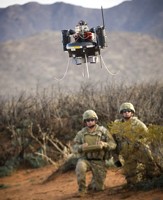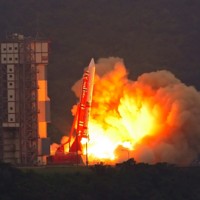
On Nov. 3, 2002, America began its campaign of targeted killings in nonbattlefield settings. After a year-long manhunt, a fusion of human intelligence assets and signals intercepts pinpointed Abu Ali al-Harithi, an operational planner in the al-Qaida cell that had bombed the USS Cole in 2002, driving in a Toyota SUV in Yemen, near the border with Saudi Arabia. A CIA-controlled Predator drone climbed into position, maneuvered its nose downward and fired a single Hellfire missile, which destroyed the SUV and killed al-Harithi, along with four other Yemenis and Ahmed Hijazi, a naturalized U.S. citizen and ringleader of an alleged […]

